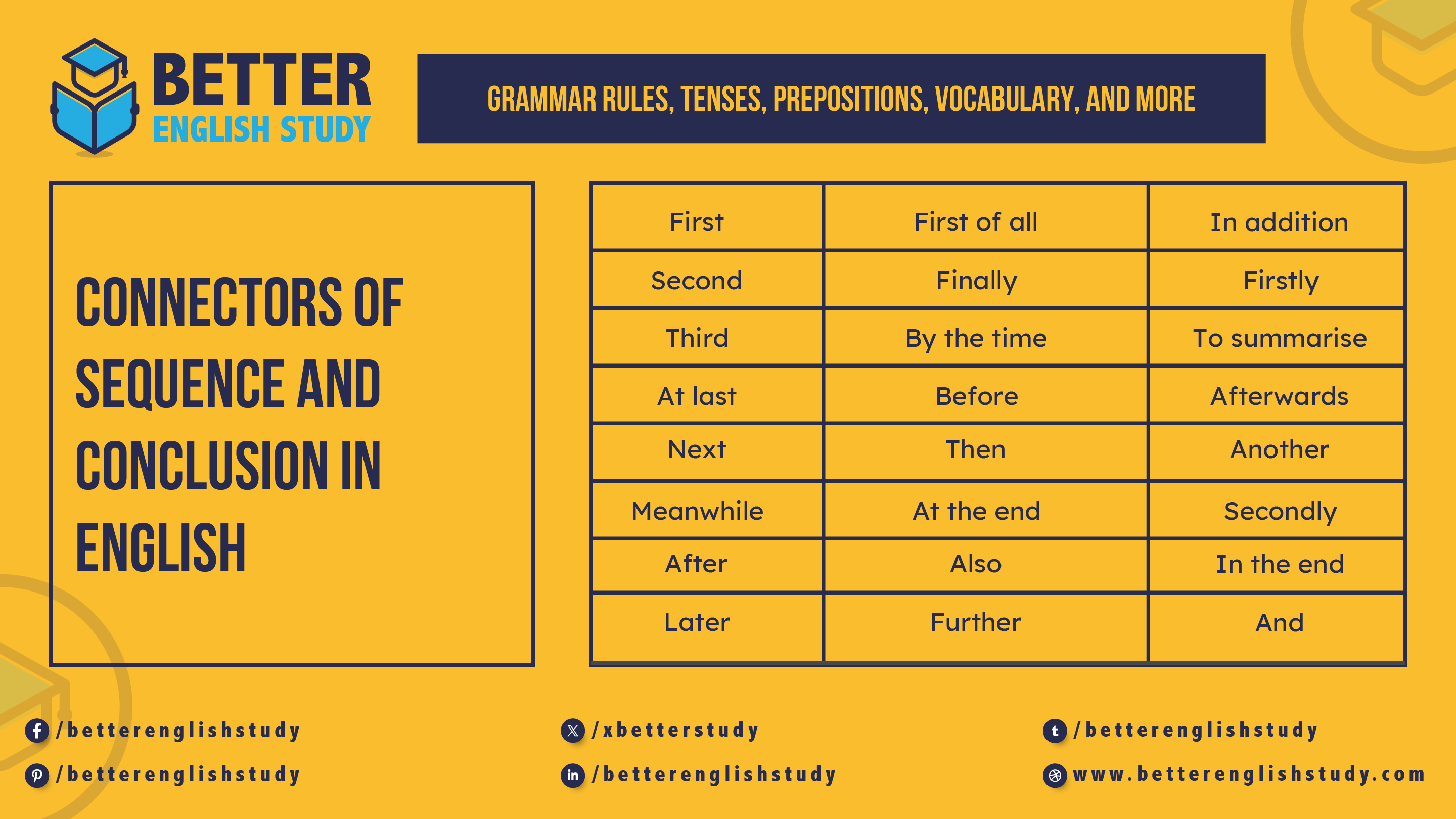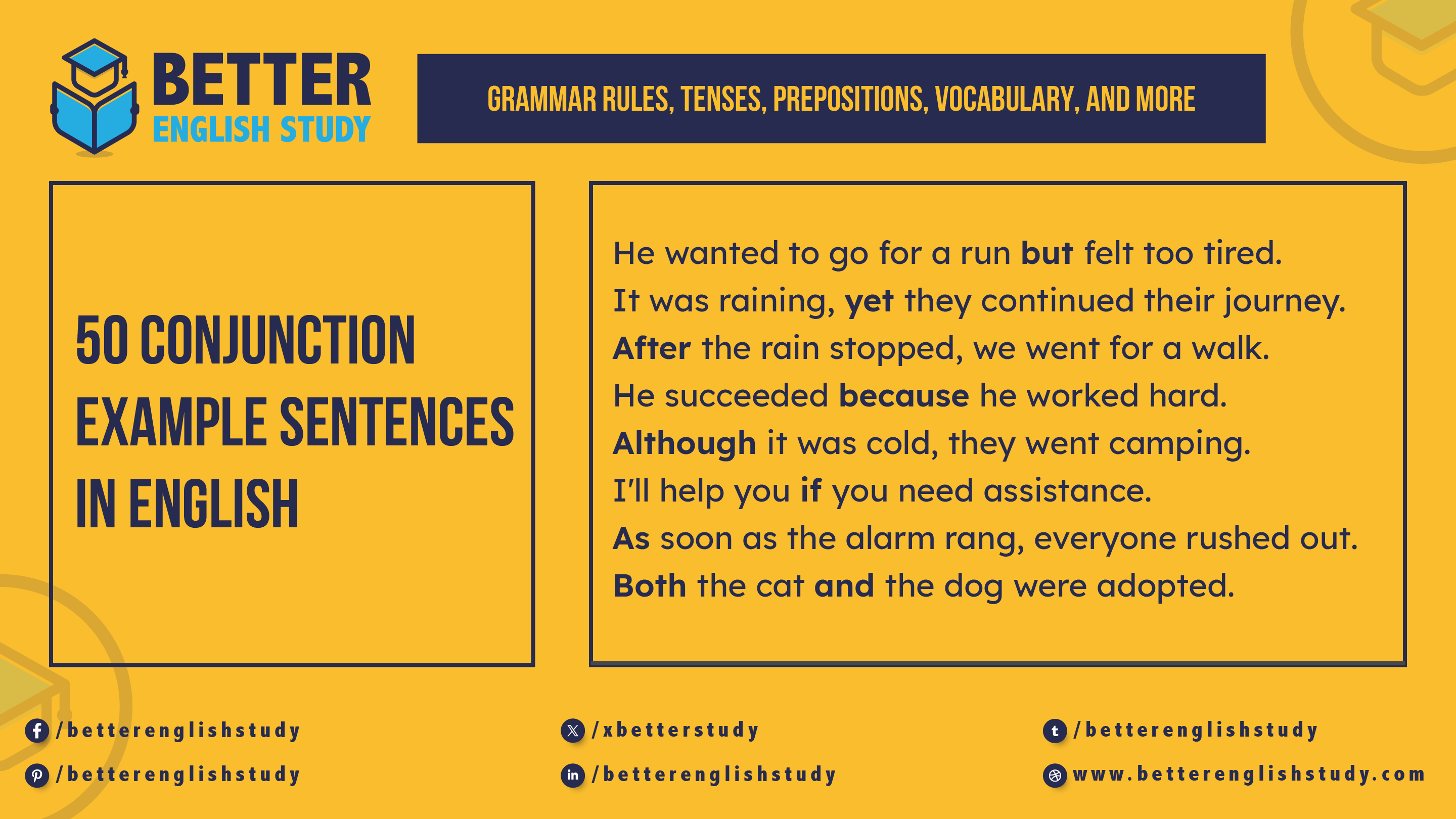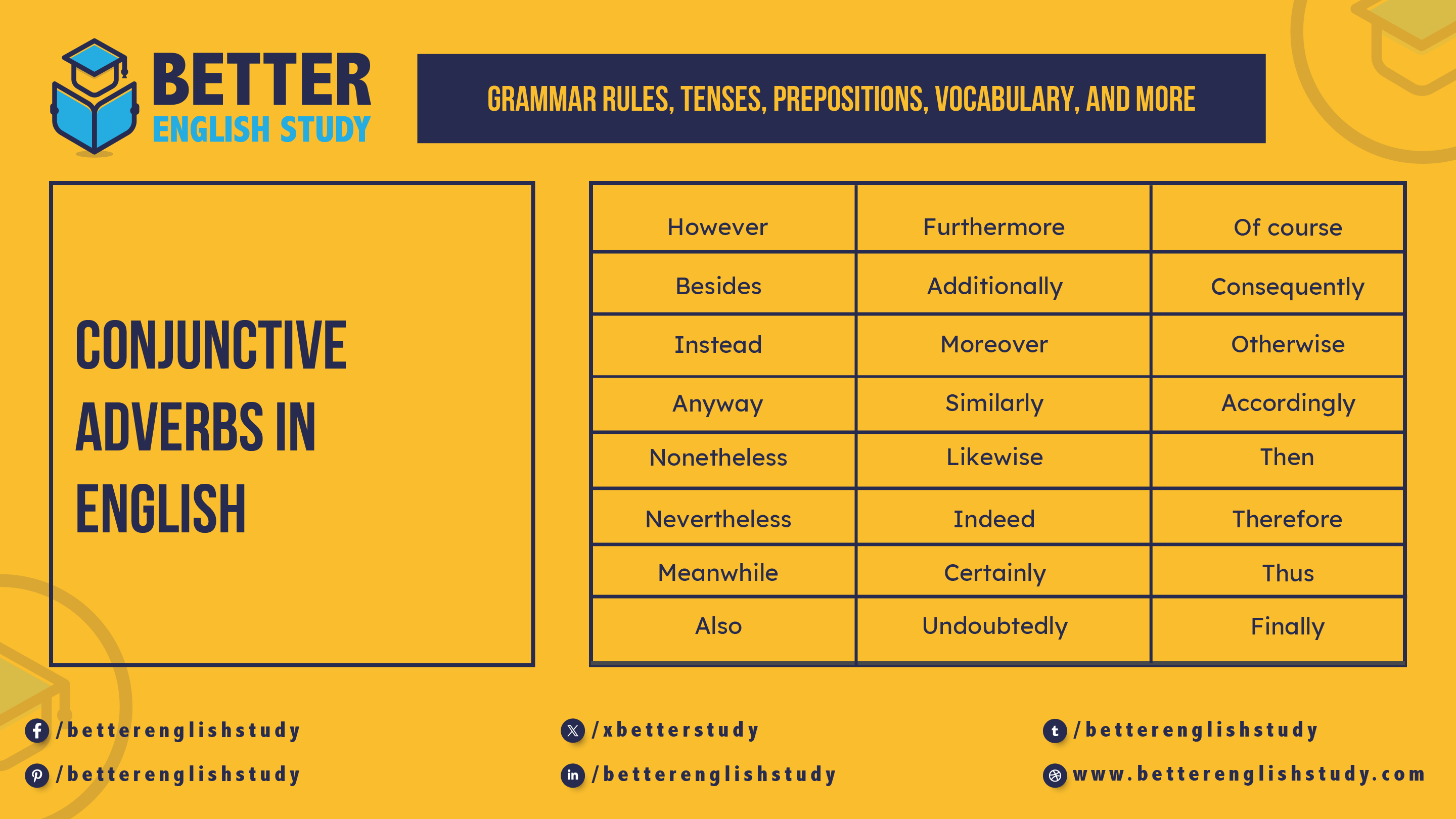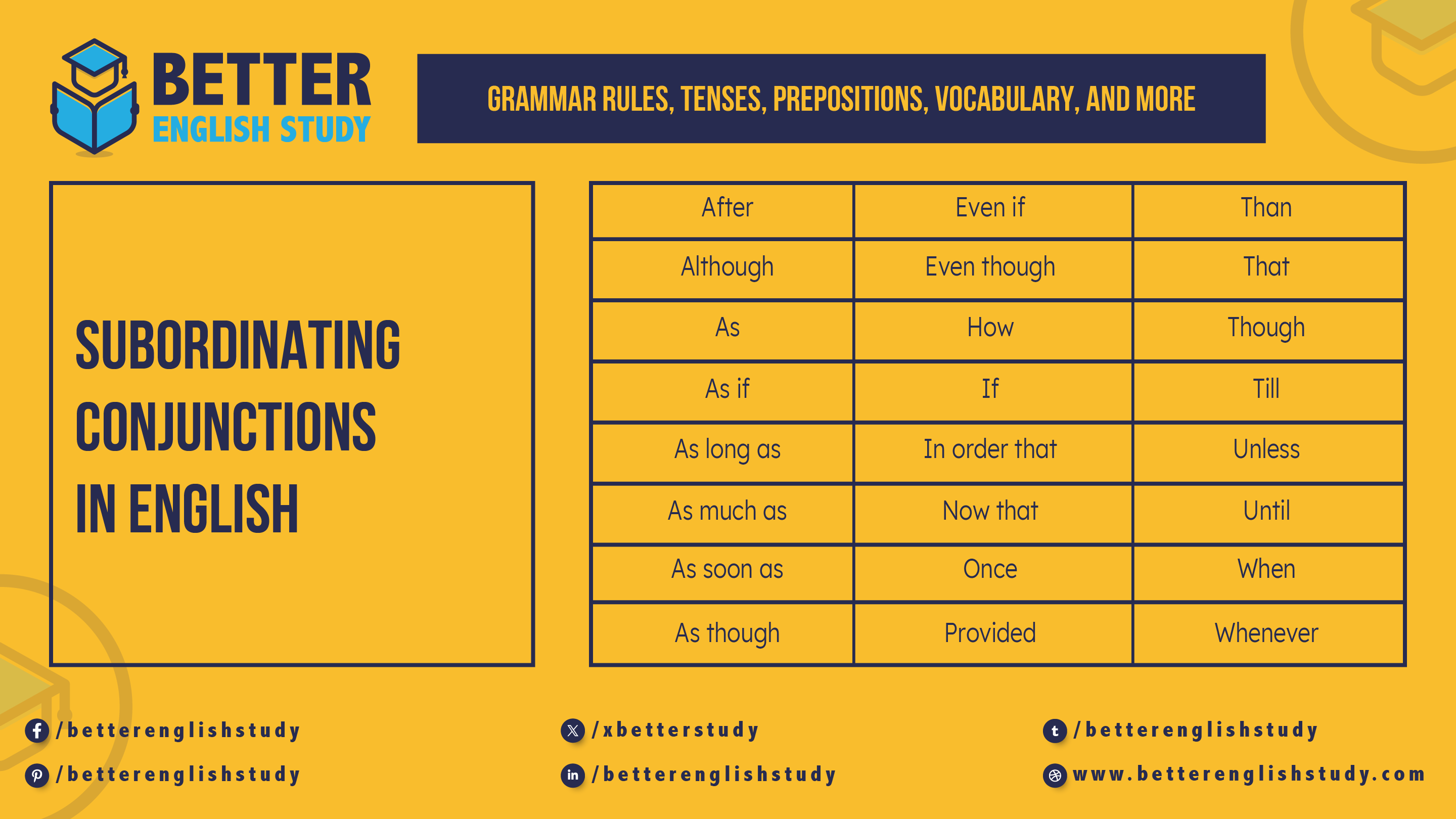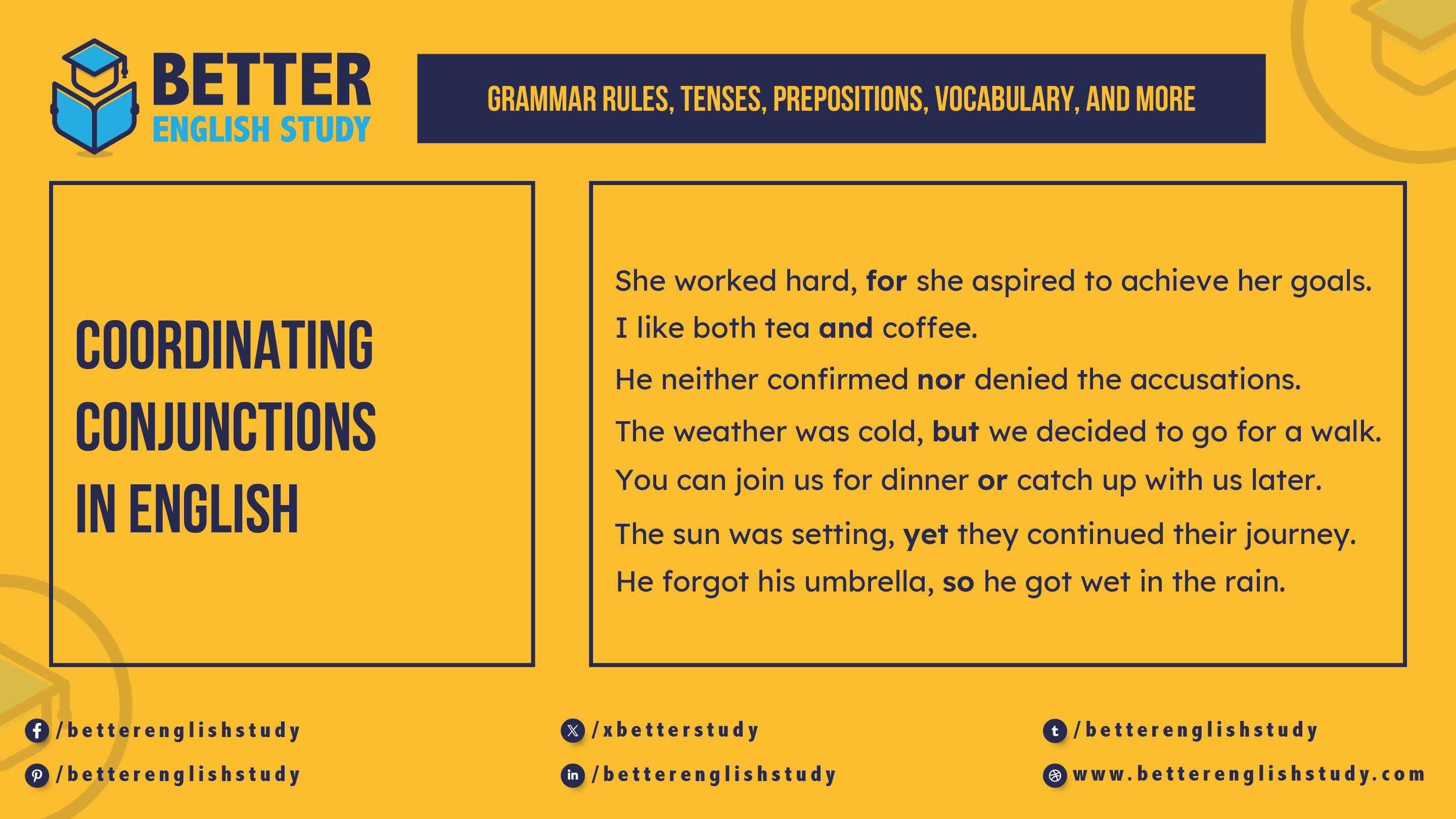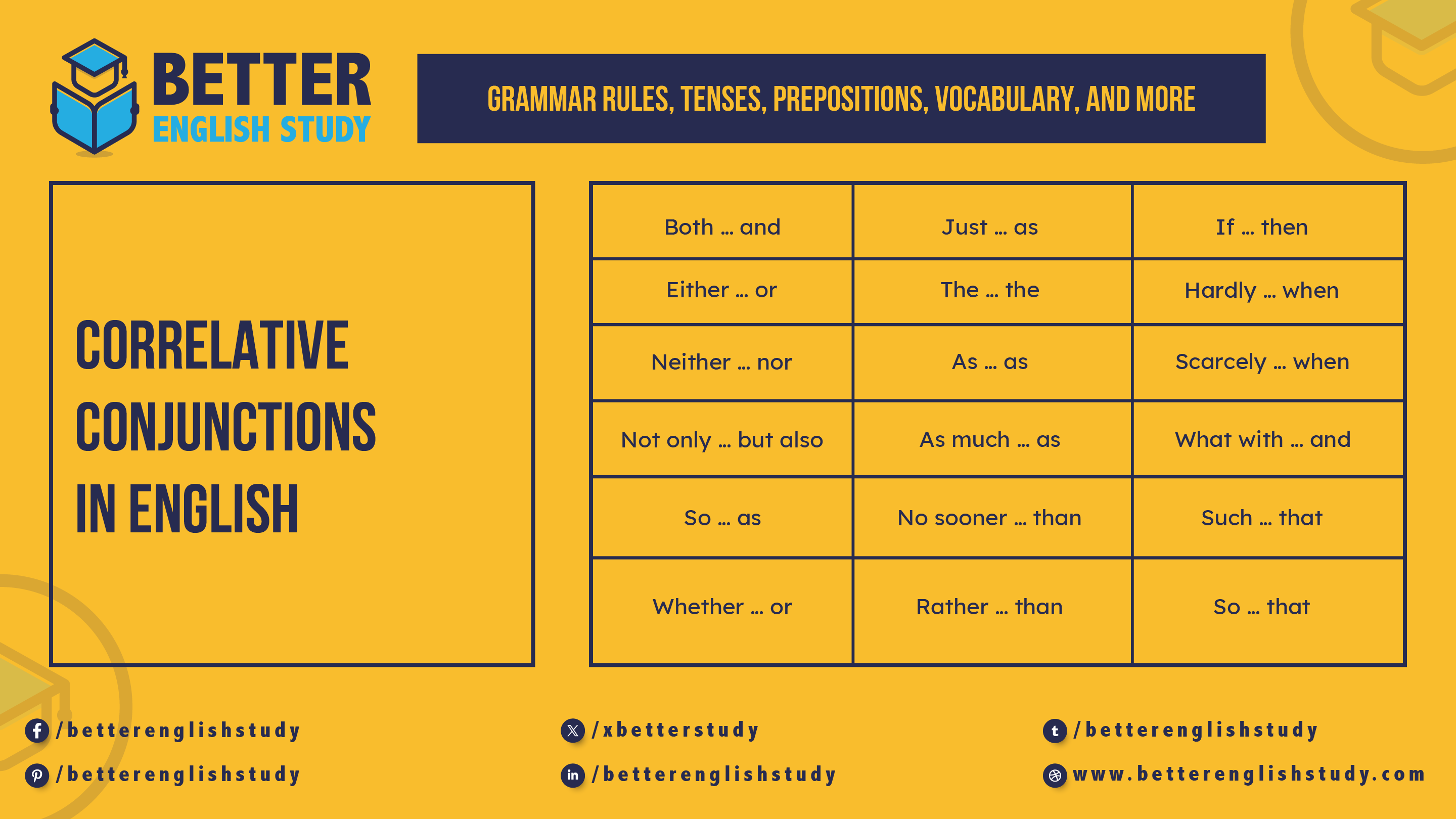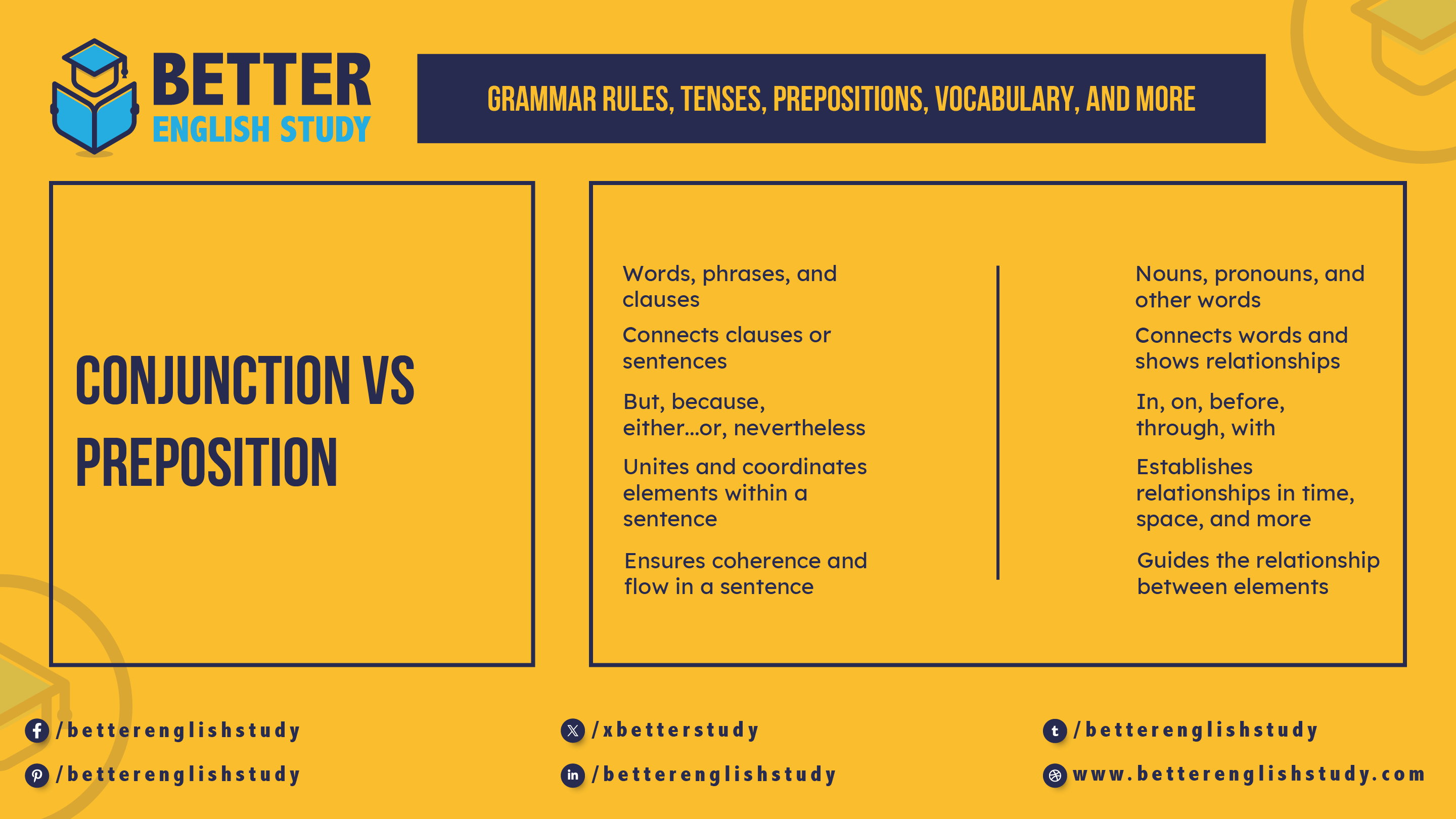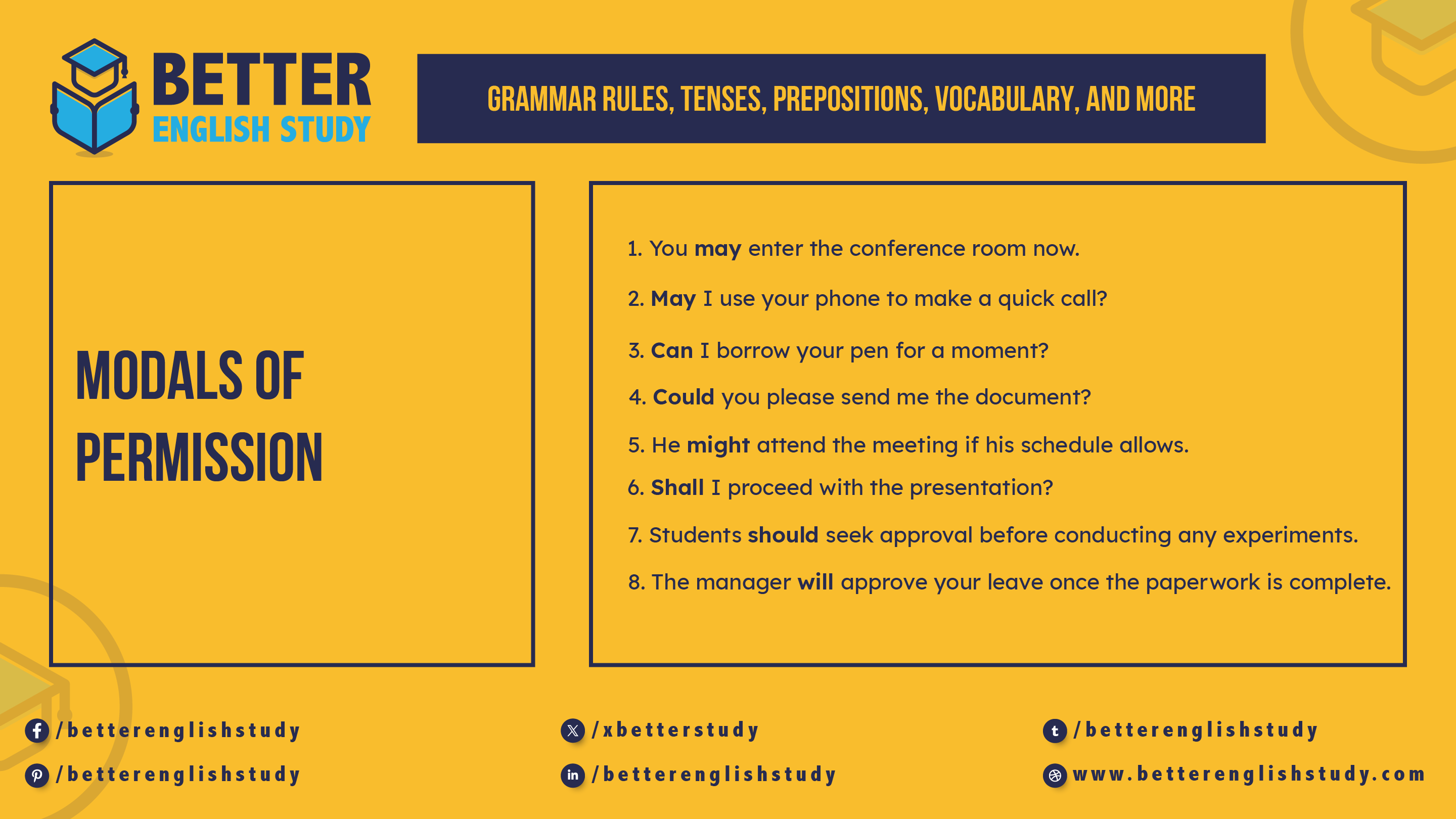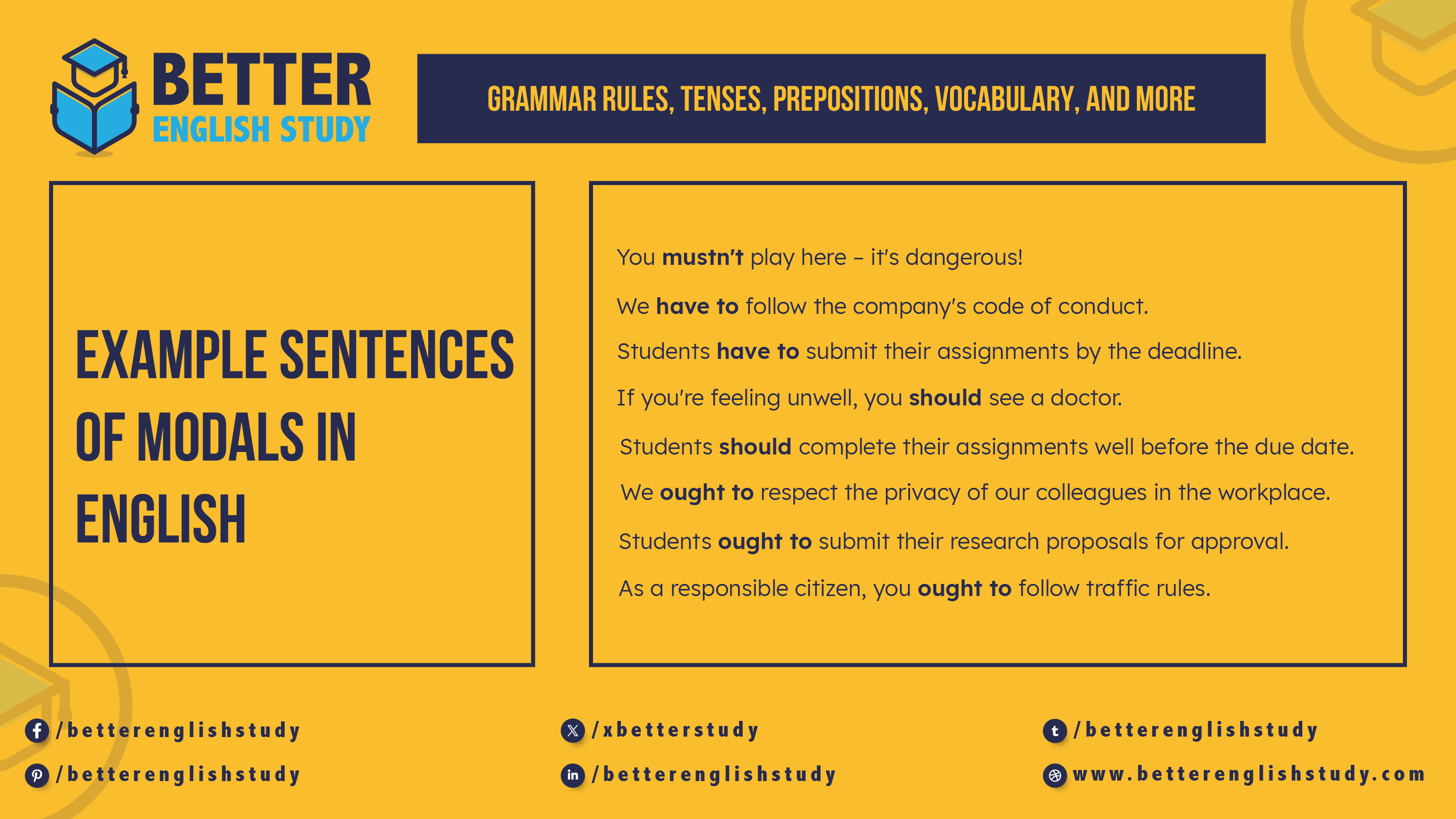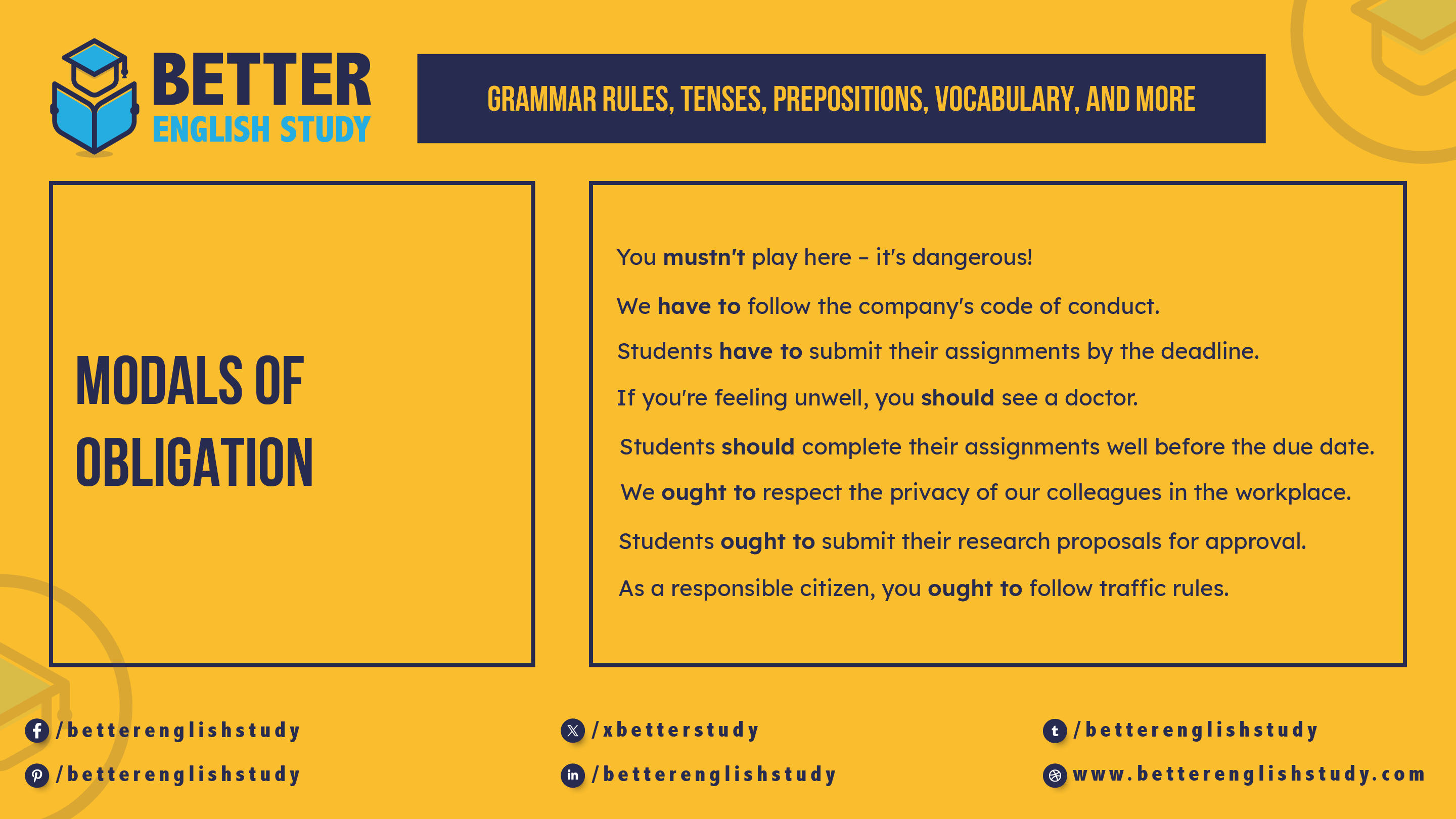Connectors of Sequence and Conclusion in English
The art of effective communication involves seamlessly guiding your audience through a coherent narrative. Connectors of sequence and conclusion serve as the guiding lights in this journey, leading readers or listeners through a logical flow of events and ideas. In this exploration, we will unravel the significance of these connectors and provide examples to illustrate …

